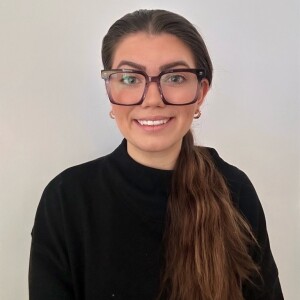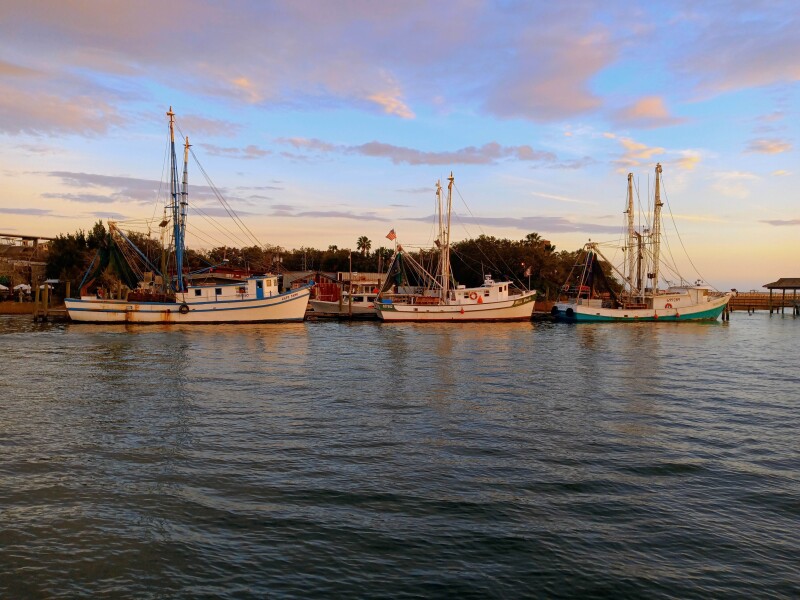An apprenticeship program in South Carolina is helping its graduates find jobs in the commercial fishing and mariculture industries. The South Carolina Commercial Seafood Apprenticeship Program (CSAP) is a one-month, paid job training program in McClellanville, a small fishing town in rural Charleston County of the state.
CSAP offers classroom-based and on-the-job training that provides the knowledge and skills needed to begin a career in commercial fishing or mariculture; after the program, individuals will be assisted in finding full-time positions with local companies within the industry. CSAP is in partnership with Clemson University and offered by the South Carolina Sea Grant Consortium in collaboration with local commercial fishing and local growers.
The first class of six who graduated from the program met for the past month in a classroom of a former public school in the small fishing town, with housing and food being provided for the students and a $1000 stipend after completion of CSAP.
The South Carolina Department of Agriculture shared in an article that the six students learned various topics from safety, seamanship, and navigation to small engine repair, welding, fisheries science, raising shellfish, and seafood business and marketing. In addition to classroom learning, the individuals also had many opportunities for hands-on learning sessions throughout the course and two days at sea.
Co-director of CSAP, Jocelyn Juliano, shared that the participants came ready to start working in the industry. “They are so eager to get started- they want to jump right in. Next time, we want to have job descriptions ahead of time from industry members looking to hire so the participants can meet the business owners right away and set up some jobs,” Juliano shared in the piece.
Many local businesses also support the program, including the South Carolina Department of Agriculture’s Agribusiness Center for Research and Entrepreneurship, the McClellanville Community Foundation, the McClellanville Watermen’s Association, Clemson Cooperative Extension, a USDA Rural Business Development Grant, and the NOAA National Sea Grant Office.
In addition to the job connection and the stipend, participants received CPR, First Aid, and automated external defibrillator certification, a U.S. Coast Guard Drill Conductor certification, and a certification of completion from the South Carolina Sea Grant Consortium.
The state’s seafood industry faces many of the same challenges that other regions face, such as the graying of the fleet, the aging of dock space and facilities, and pressures that threaten marine ecosystems and essential seafood. CSAP is a step in the right direction to recruit the younger generation into the seafood and mariculture industries.
To learn more about the 2025 program, you can contact the program coordinator, Angela Treptow, at angela.treptow@scseagrant.org, or to read more about the program, click here.







